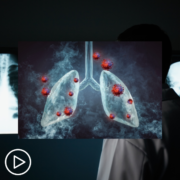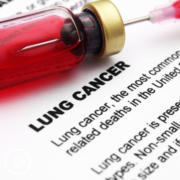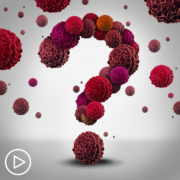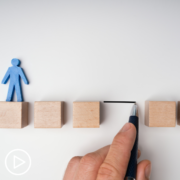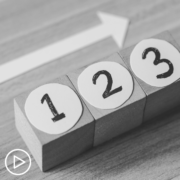What Are Solutions to Lung Cancer Care Barriers?
What Are Solutions to Lung Cancer Care Barriers? from Patient Empowerment Network on Vimeo.
What are some solutions to lung cancer care barriers? Experts Dr. Nicole Rochester and Dr. Olugbenga Okusanya share key advice for working to overcome care barriers for optimal care.
See More from Best Lung Cancer Care No Matter Where You Live
Related Resource:
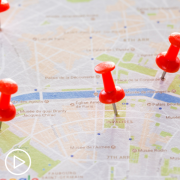
|
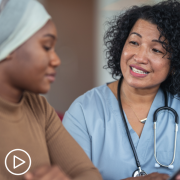
|
Transcript:
Dr. Nicole Rochester:
You’ve gone through a lot of the barriers that patients and their family caregivers may face. Let’s talk about some of the solutions. Are there a few solutions that you can suggest for overcoming some of these barriers that you just described?
Dr. Olugbenga Okusanya:
Yeah, I think from the patient perspective, there are a number of things you can do to really help yourself. Number one is a good healthy dose of research, that means getting online, Googling, finding lung cancer experts, preferably in your region, finding out what their interests are, what are the things that they typically research and take care of, and then finding a way to get in contact with them. I think that is really step number one, it’s finding someone who specializes in the disease, and then to find someone that you actually get along, someone who you have a relationship with, a truly therapeutic relationship and invest in that person, and if they’re the right person for you, whether it be personality fit, whether it be background, you will find a relationship with them that will actually help you get through that process. I would also say many programs actually have nurse navigators who are people that help you navigate this process, that is quite literally why they are part of the health system, so if you can find programs and have nurse navigators, they can really be instrumental in setting up appointments that are either overlapped right after one another, all in the same place, things that really help smooth the edges of getting all the work I’ve done at on time.
And again, I would also recommend the patients, I would try to stack your appointments or stack your visits so that they are not quite so spread out over space and time, because a visit, usually it takes a few days to get a result, which then takes a few days to get a course of action, which then can sometimes provoke another test.
So, the more times that things are stacked together and information just to get in big packets, I think really the better for moving through the process.
Dr. Nicole Rochester:
I think what I’m hearing in your answers is really the importance of patients putting themselves in the driver’s seat, which is another thing that I strongly advocate for. I think many patients and family members don’t see that as their role, and they don’t understand and appreciate the value of doing these things that you just talked about, doing your own research and finding providers with whom you connect, it’s so incredibly important, especially when it comes to cancer and other serious diseases.



